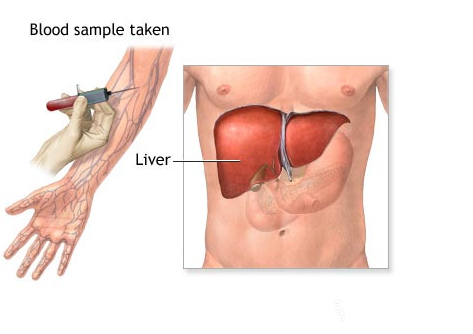 Albumin is a protein made by the liver. A serum albumin test measures the amount of this protein in the clear liquid portion of the blood.
Albumin is a protein made by the liver. A serum albumin test measures the amount of this protein in the clear liquid portion of the blood.
What’s The Normal Range of Albumin?
The normal range is 3.4 - 5.4 grams per deciliter (g/dL).
Note: Normal value ranges may vary slightly among different laboratories. Talk to your doctor about the meaning of your specific test results.
Why It’s Done?
This test can help determine if a patient has liver disease or kidney disease, or if the body is not absorbing enough protein.
Albumin helps move many small molecules through the blood, including bilirubin, calcium, progesterone, and medications. It plays an important role in keeping the fluid from the blood from leaking out into the tissues.
What Abnormal Results Mean?
Lower-than-normal levels of serum albumin may be a sign of:
- Kidney diseases
- Liver disease (for example, hepatitis, or cirrhosis that make cause ascites)
Decreased blood albumin levels may occur when your body does not get or absorb enough nutrients, such as:
- After weight-loss surgery
- Crohn's disease
- Low-protein diets
- Sprue
- Whipple's disease
Increased blood albumin level may be due to:
- Dehydration
- High protein diet
- Having a tourniquet on for a long time when giving a blood sample
Other conditions under which the test may be performed:
- Burns (widespread)
- Wilson's disease

Advanced Facility Helps Make Exact Diagnosis. View More >>